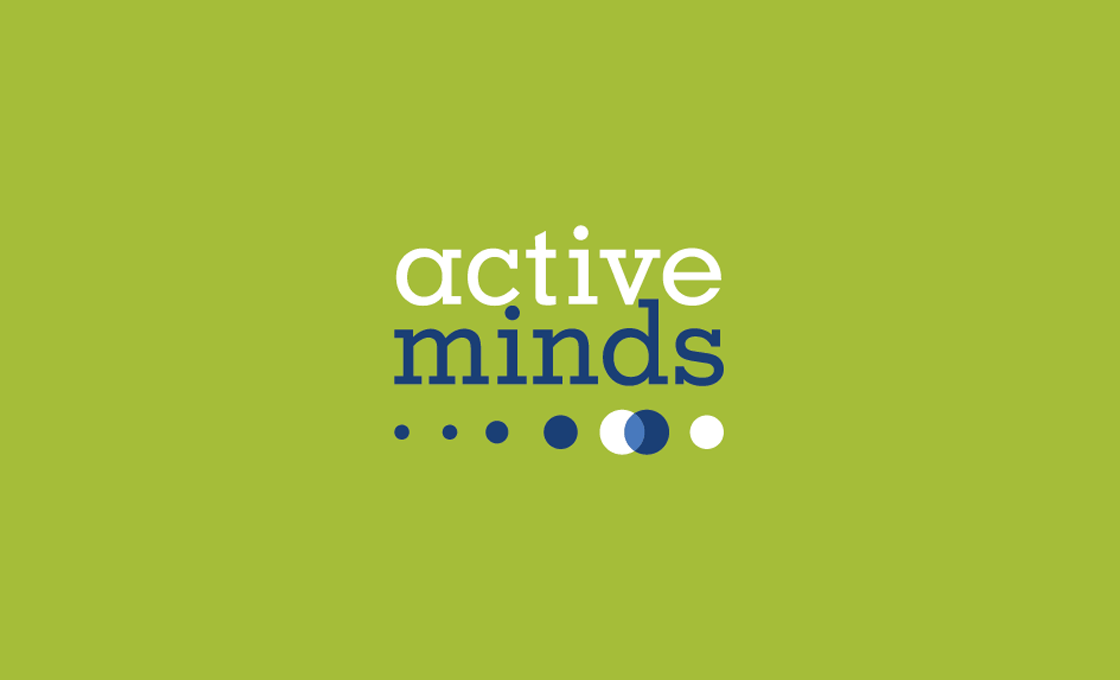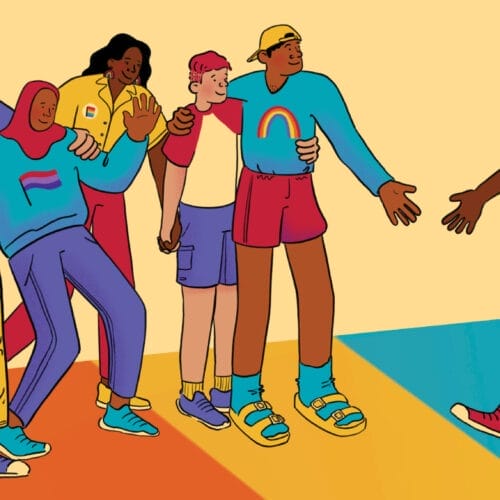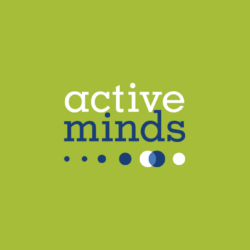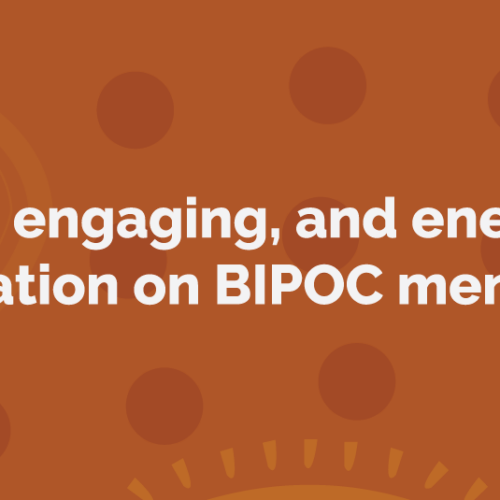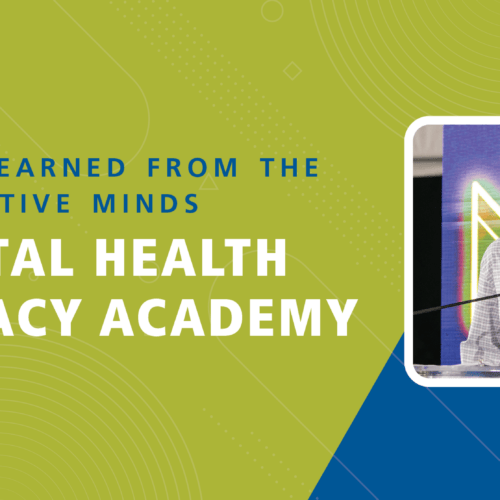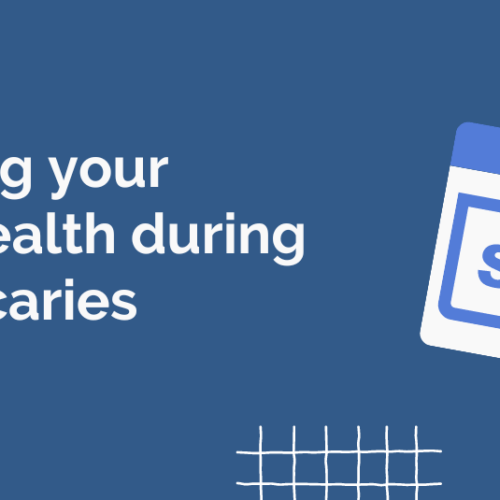It’s Pride Month, which for some means celebrating with rainbow cakes and free-flying flags, but for others means facing new versions of daily fears. For people still on their “coming out journey,” being told to wear your colors as brightly as possible can feel like asking a peacock to spread its feathers in a cramped cage: it might be beautiful, but that doesn’t always mean it’s safe.
For many years, Pride was a month I marked on my calendar for indecision and worrying. In many ways I felt pressured to come out, whether implicitly or explicitly. I saw people proudly marching through the streets of D.C., their feet seemingly stamped with a type of courage I hadn’t yet found, and wondered if I’d ever accompany them. In some ways I idolized people that had come out and in other ways I envied them, but truthfully, I was scared. Years later, I’m still scared.
Over the years, the tight knot in my chest as I say the word “she” instead of “he” has uncoiled a bit, but it still arises every time. I still hold my breath tighter than the hand of my girlfriend while walking in public, somehow feeling like a traffic cone of colors I never wanted to attract attention to. That isn’t to say that the knot in my chest is entirely justified: if I were to create a table of every public encounter, it’d certainly be the case that around 98% of them were neutral. But neutrality, to most, feels like a normal day. To me, walking down a street without catching a double-glance or quiet sneer feels like a victory.
This, fundamentally, is what is misunderstood by many of my straight friends. Discrimination is not only present in large forms, like healthcare inequality, but also in the day-to-day stress of being queer. It is short comments and villainous stares and quiet but present acts of homophobia. It is not knowing what to do for Prom and wondering if it’s safe to say the word “girlfriend” and fearing exclusion for being different. Being queer is marked by so many forms of legible and illegible discrimination, many of which are small, but compound over time. Coming out may have made my feathers a little brighter but it certainly didn’t widen my cage, and in truth, this is why allyship is necessary.
To expect everyone to understand the queer experience is impossible, mostly because there is no single queer experience. However, cisgender straight people can help most in normalizing neutrality. To me, there are a few ways to start with that.
-
Use inclusive language:
I’ve started to refer to anyone new as ‘they’ until told otherwise. It admittedly was a conscious effort for a while, but has gradually become a part of the way that I speak. Similarly, I’ve tried my best to replace words like “girl/boyfriend” with “partner”, and to ask new people for pronouns when meeting them. To help make this a little less awkward, I’ll usually introduce myself with pronouns, put them in my email bio, and my social media bios.
-
Listen before you speak:
A huge factor in ultimately understanding my identity was talking to my friends. Those conversations weren’t helpful because my friends had a great mic-drop moment, but because I found myself in the words I hadn’t yet spoken aloud. I’m lucky to have had friends that encouraged me to explore my identity without the pressure of labels or definitive understandings. Ultimately I came to use them on my own, but remembering that sexuality is a spectrum is incredibly important in the ways that straight people approach these conversations.
-
Ask questions, but Google first:
Queer people so often find themselves educating others on the validity of their existence. Having questions is absolutely okay: nobody knows everything and everyone has been exposed to some degree of homophobia and transphobia. Ignorance, however, isn’t okay in a world where the answers to so many questions can be found in a Google search. If Google doesn’t have the answers, ask a question, there’s nothing to be ashamed about in doing so! But, if possible, educate yourself so your queer friends don’t have to.
-
Speak up:
Everyone is guilty of not using their voices perfectly all the time. However, that doesn’t excuse letting homophobia and transphobia exist unchallenged. Ultimately, this is where straight, cisgender people can do the most good. Sometimes standing up means correcting someone when they use the wrong pronouns. Other times standing up means purposefully including LGBTQ+ people in writing, a business plan, or a press release. And, most importantly, it means not asking for credit. Doing the right thing can be difficult, but in the case of attacks against identity, doing the right thing doesn’t earn anyone a golden medal. Being an ally means recognizing that standing up is something that is necessary, not something extraordinary.


